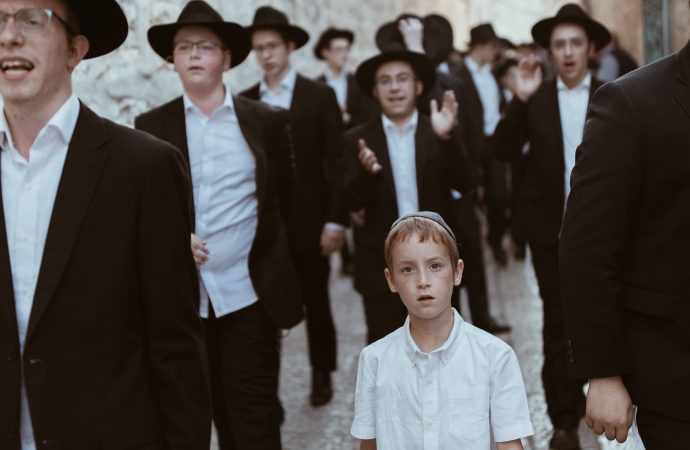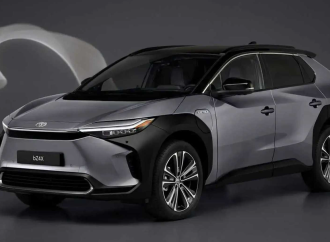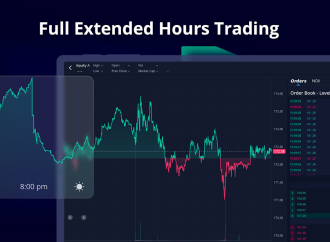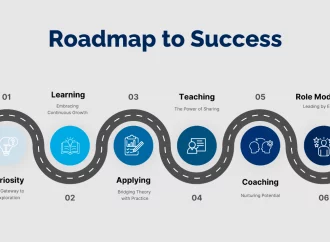The Supreme Court of Israel is one of the most controversial legal systems in the world. It has been met with criticism from many sides for its alleged unfairness and discrimination against certain groups. But what is really going on within the court system that warrants such criticism? In this blog post, we will explore
The Supreme Court of Israel is one of the most controversial legal systems in the world. It has been met with criticism from many sides for its alleged unfairness and discrimination against certain groups. But what is really going on within the court system that warrants such criticism? In this blog post, we will explore the controversy surrounding Israel’s Supreme Court system. We will look at why some people view it as unjust, and how Israel’s judicial branch works to address these issues. Finally, we will discuss what reforms should be implemented to make sure that justice is served fairly and equitably for all citizens of Israel.
What is the Supreme Court System in Israel?
The Supreme Court System in Israel is the nation’s highest court of law and is responsible for issuing binding rulings on legal matters. The system is comprised of a 15-member panel of judges, with a chief justice presiding over the court. The court is located in Jerusalem and its decisions are final and cannot be appealed.
The Supreme Court System in Israel has been the source of much controversy in recent years. Some believe that the court is too powerful and that its decisions are often politically motivated. Others argue that the court is an important check on the power of the government and that it plays a vital role in protecting the rights of minorities.
The Different Types of Supreme Court Systems
There are two different types of supreme court systems in the world: the judicial review model and the constitutional court model. In the United States, the Supreme Court operates under the judicial review model, meaning that its primary role is to interpret the Constitution and determine whether laws passed by Congress are constitutional. The Israeli Supreme Court, on the other hand, functions as a constitutional court, with a mandate to protect human rights and ensure that the government adheres to democratic principles.
The difference between these two models has been a source of controversy in Israel, as some believe that the Supreme Court should be restricted to interpreting the law, rather than being involved in politics. Others argue that the court’s constitutional mandate is essential in a country where democracy is still young and fragile.
Whichever side of the debate you fall on, there’s no denying that Israel’s Supreme Court is unique, and its role in protecting human rights is significant.
Who are the Actors in the Controversy?
The debate surrounding Israel’s Supreme Court system is largely between two groups: those who support the current system and those who want to see it reformed.
Those who support the current system argue that it is effective and that it protects the rights of all citizens. They also point to the fact that Israel is a democracy and that the Supreme Court is an important part of that democracy.
Those who want to see reform argue that the current system is not effective and that it does not protect the rights of all citizens. They also argue that the Supreme Court is not democratic and that it should be reformed to make it more representative of the people of Israel.
What are the Main Arguments For and Against the Controversy?
The Supreme Court of Israel is the highest judicial authority in the state of Israel. It is located in Jerusalem and has nine justices who are appointed by the president on the recommendation of the cabinet. The court has both original and appellate jurisdiction, as well as the power of judicial review over all legislation passed by the Knesset (Israel’s parliament).
The main arguments for the controversy surrounding Israel’s Supreme Court system are as follows:
1) The court is too political and intervene too much in government affairs.
2) The court is not representative of the entire population, with a majority of justices being secular Ashkenazi Jews.
3) The court’s decisions often go against public opinion.
4) The court has been accused of being elitist and out-of-touch with the needs of average Israelis.
5) The current system gives too much power to unelected judges, who are not accountable to the people.
How has the Controversy Evolved Over Time?
When Israel’s Supreme Court was first established in 1948, it was intended to be a court of last resort for appeals from lower courts. However, over time, the court has become increasingly involved in political controversies. In recent years, the court has been at the center of debates over religious freedom, civil rights, and the role of the military in society.
The court’s involvement in political controversies has led to criticism from both right-wing and left-wing groups. Right-wing critics argue that the court is too liberal and that it is usurping the authority of elected officials. Left-wing critics argue that the court is not doing enough to protect the rights of minorities.
The controversy surrounding Israel’s Supreme Court is likely to continue for as long as the court remains an active player in political debates.
Conclusion
The Supreme Court of Israel has been subject to a great deal of controversy in recent years. While some argue that the court’s rulings lack legitimacy and its powers need to be limited, others believe that it is an indispensable part of democracy and an important check on government power. Whatever your opinion may be, one thing is certain: The Israeli Supreme Court system demands attention from both critics and supporters alike, as it remains one of the most debated issues in contemporary politics.





















Leave a Comment
Your email address will not be published. Required fields are marked with *